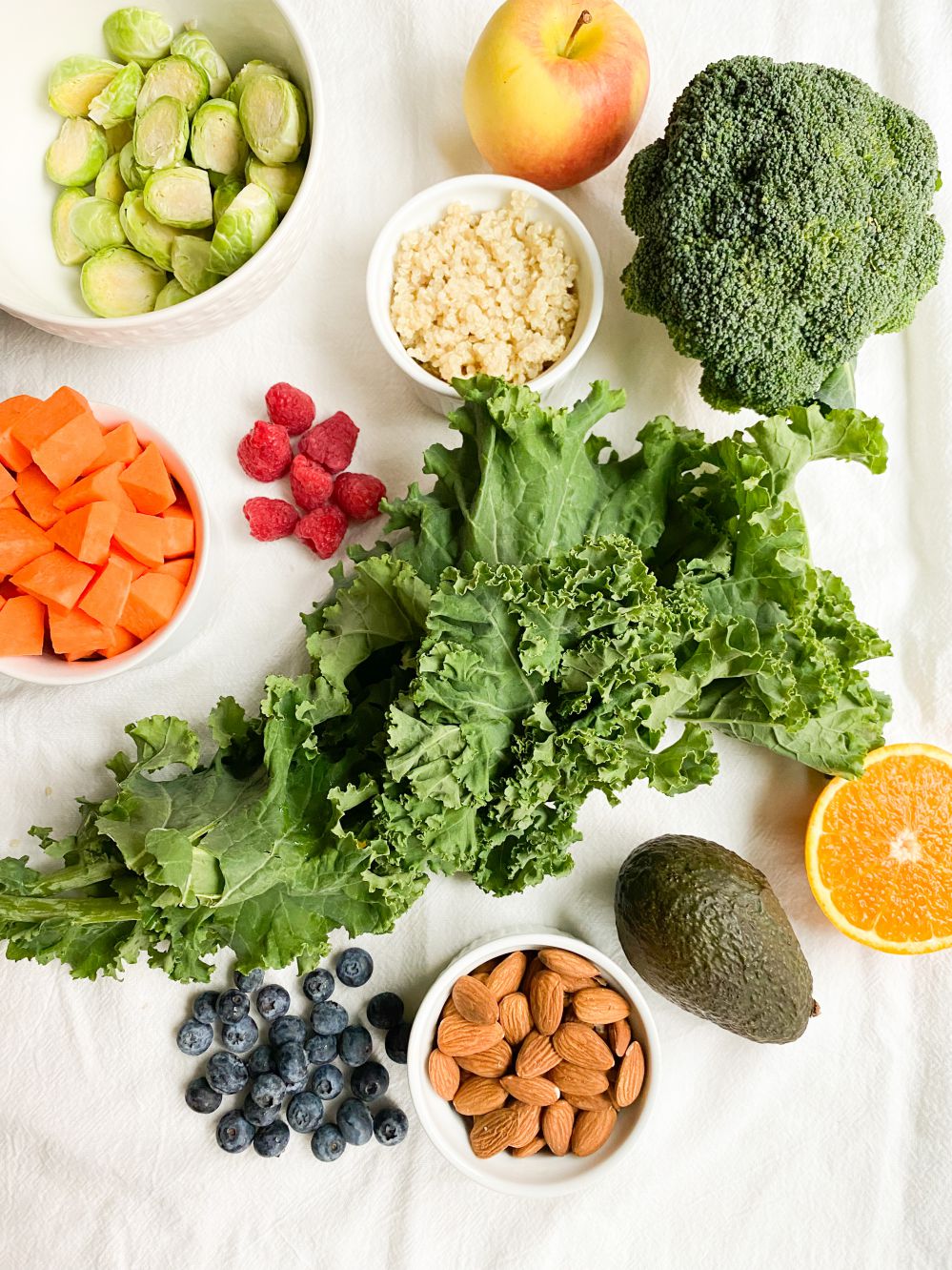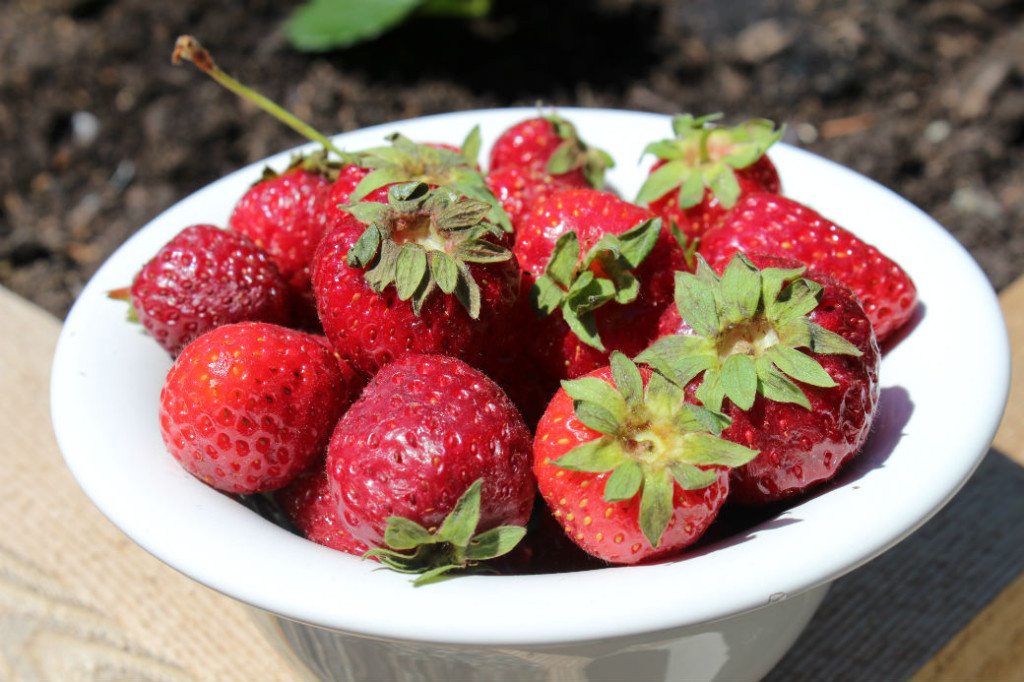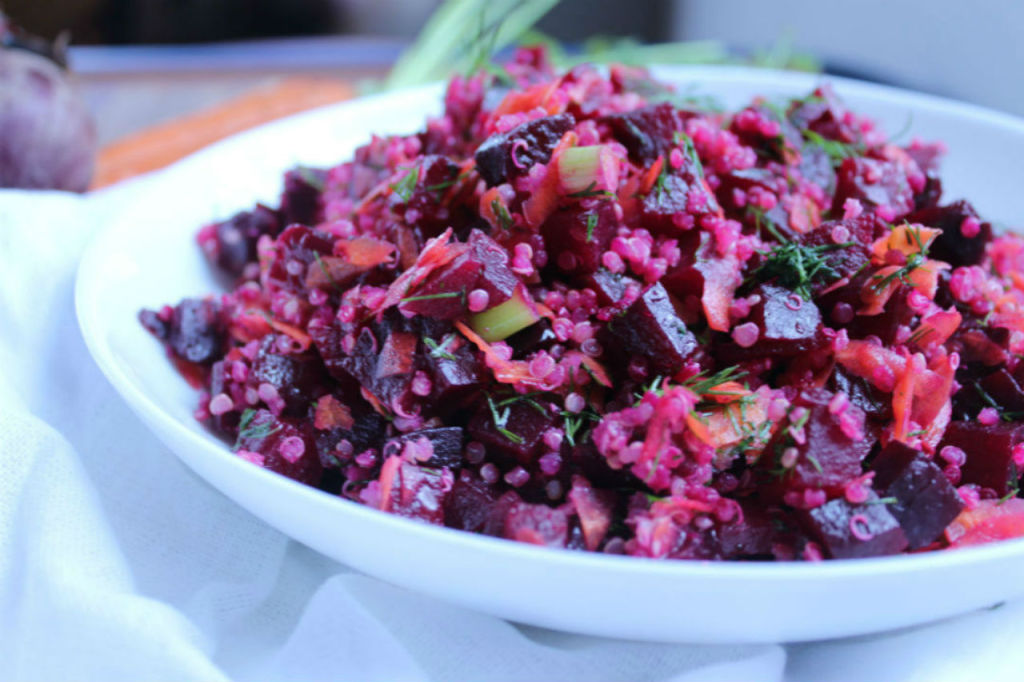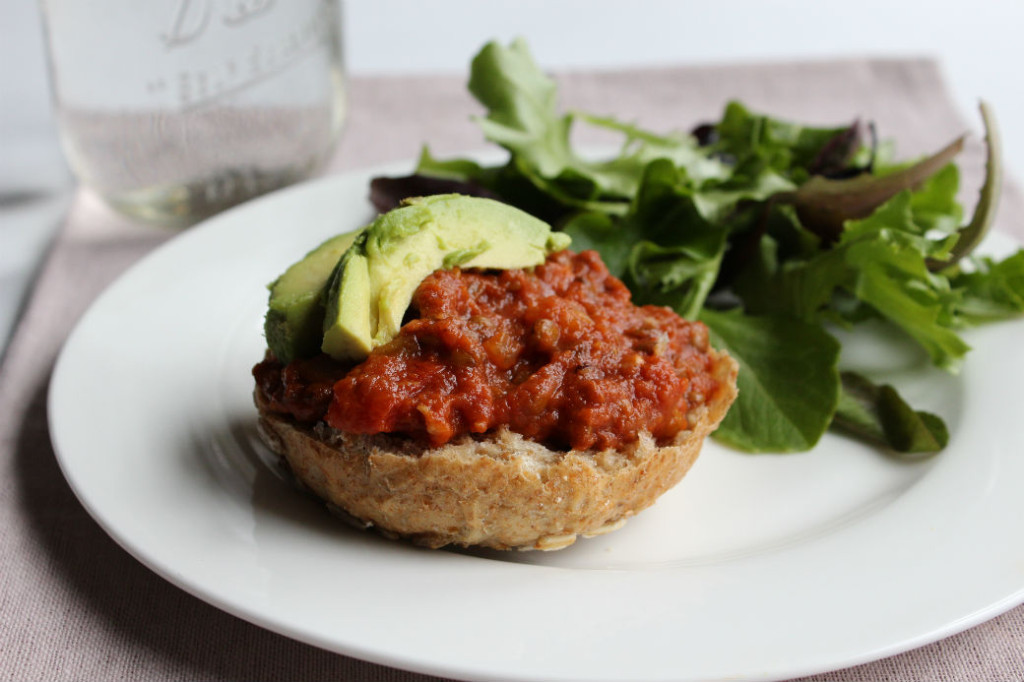Foods to support your immune system
If your family is anything like mine, you have already had your fair share of bugs making its way through the family. With cold and flu season here, I often get asked what foods boost our immune systems. Short answer none. There is no one…











